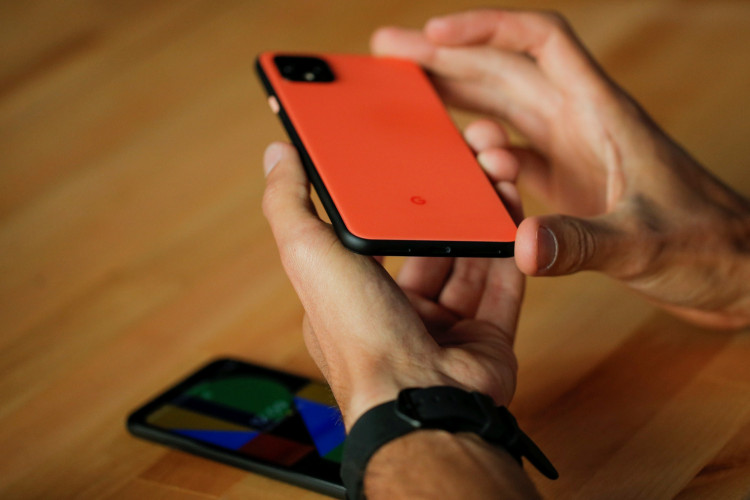Two of the biggest tech companies in the world are working together to add coronavirus tracing to their respective mobile operating systems: iOS and Android. Rollouts will start in May, but the information so far suggests that the Apple-Google system is both scalable and clever. However, the collaboration has raised lots of questions that are yet to be addressed.
Perhaps the most obvious issue surrounding the Apple-Google contact tracing system is privacy and trust. How willing are the masses to download the apps built by these tech giants? How accurate are the apps? What is the assurance that one's data will be protected? Contact tracing is a form of surveillance -- will this system come back to haunt Apple and Google?
We are living in the age of surveillance, but both Apple and Google have reassured that their system won't be collecting true location data: it's all proximity data harnessed by Bluetooth using unique and random identifiers that make it difficult for anyone to tie a user to any of the other data their device may hold.
The consensus is that the system will be able to identify who you crossed paths with should you be identified as coronavirus-positive, but that information won't be broadcasted to health authorities until you choose to share it. When you do share it, neither Apple nor Google will find out who you really or your medical status.
Health organizations in charge of collecting data will be part of a decentralized infrastructure running the system -- there is no single centralized server. The Apple-Google system is designed as so in order to prevent malicious and unauthorized surveillance.
Only government health agencies involved in coronavirus tracing can access data, which according to Apple and Google will be a closely monitored group. The technology will not be available to the general public, companies, nongovernment organizations, or even academics, in an attempt to avoid a potentially devastating and global privacy scandal. Once the pandemic is over, Google and Apple promised they will shut down the system.
It's looking pretty private as of the moment, apart from the system being scalable and clever. Still, there are political and technical risks. Governments are notoriously surveillance creeps and phones can be hacked. But the blueprint provided by Apple and Google shows a lot of promise, but the actual implementation will make the difference. As for us the public, we'll be watching out for the upcoming implications.



